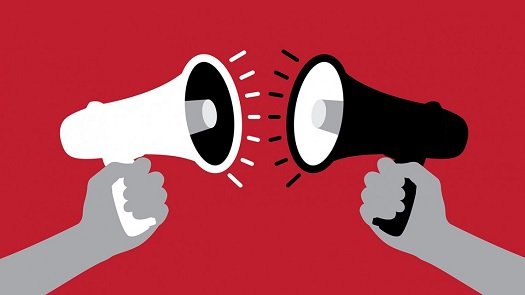
A French appeal court has ruled—in the face of all evidence, including some that it solicited itself—that Dr. Hassan Diab, currently a lecturer at Carleton University in Ottawa, must stand trial in France for the deadly bombing of a synagogue on Paris’ rue Copernic in 1980. By doing so, it has brought the French judicial system into further disrepute. The question is whether Canada will still play along.
The case was always sketchy, as admitted by the judge who first ordered him extradited to France nearly a decade ago. Indeed, it was, to be blunt, a put-up job from the very beginning. Evidence melted away upon inspection, and the so-called “smoking gun”—handwriting analysis by a tyro who had a whopping 21 hours of training since 1993 in her field of “expertise”—was shredded by three internationally-renowned handwriting experts, and now by two more experts selected by the French court of appeal itself.
Exculpatory evidence—fingerprints, a palm print—was concealed by our Department of Justice, which, astonishingly, appears to have been perfectly legal, if you believe the Liberal-commissioned whitewash issued after he returned to Canada. He was flung out of our country, a modern-day pharmakos, and bundled off to France, where, we were all smoothly assured, he would shortly be tried. But he sat in a French maximum-security prison, in near-solitary confinement, for three and a half years, with no trial in sight, and was finally released for lack of evidence. The French examining magistrates who set him free had independently found witnesses and documents confirming that Diab was in Beirut at the time of the bombing.
Now, with no evidence at all to back its decision, the French appeal court wants to prolong the agony, for obviously political reasons. Fingerprints, allegedly those of the bomber, did not match Diab’s. The palm print found on the car rented by the bomber didn’t match either. Witness testimony was confused and conflicting. The key handwriting “evidence” has been completely discredited. On top of all that, he has a solid alibi. There is simply nothing left.
In France, the families of the dead and the surviving victims continue, quite rightly, to cry out for justice and for closure, but at this point it seems to matter little to them, or to the French judicial system, whether the accused bomber is guilty or innocent. It should matter to Canada, though. Prime Minister Justin Trudeau has already stated that what happened to Hassan Diab should never have happened. Now let him formally tell France that it won’t happen again. And, closer to home, let him strike an independent public inquiry into how this utter travesty of justice happened in the first place.













Recent Comments